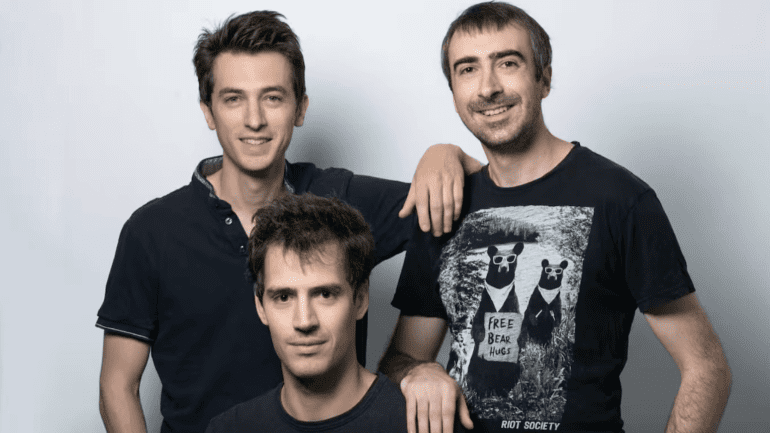- Mistral AI, a French startup, raises €600 million in funding to compete with OpenAI.
- General Catalyst leads the investment round, joined by Lightspeed, Andreessen Horowitz, Bpifrance, and BNP Paribas.
- Microsoft, a former supporter of Mistral, does not participate due to its partnership with OpenAI.
- Mistral’s total funding now stands at €1 billion, positioning it as a major player in Europe’s tech scene.
- Co-founders Timothée Lacroix, Guillaume Lample, and Arthur Mensch, formerly of Meta and Deepmind, retain majority ownership.
- Mistral’s software requires over 1,000 high-powered GPUs for AI training, highlighting its computational intensity.
- The funding consists of €468 million in equity and €132 million in debt, valuing Mistral at €5.8 billion post-investment.
- Mistral emphasizes open-source AI systems, promoting transparency and customization within the industry.
Main AI News:
In a bid to challenge the dominance of industry leader OpenAI, French AI startup Mistral has successfully secured a significant investment of €600 million. The funding round was spearheaded by General Catalyst, alongside key participation from existing investors including Lightspeed, Andreessen Horowitz, Bpifrance, and BNP Paribas.
Notably absent from this round was Microsoft, which had previously supported Mistral but now maintains a partnership with OpenAI. Despite this, Mistral’s successful raise marks the largest AI capital injection in Europe to date, totaling €1 billion in funds raised, positioning it as a formidable player in the European tech landscape.
Co-founded by Timothée Lacroix, Guillaume Lample, and Arthur Mensch, who hail from Meta and Deepmind, Mistral retains its status as a majority shareholder in the company. Mensch highlighted the substantial computational requirements of Mistral’s software, noting the necessity of over 1,000 high-powered graphics processing units (GPUs) for AI system training—an insight particularly relevant as industry leaders prioritize efficiency in model development.
The recent funding comprises €468 million in equity and €132 million in debt, valuing Mistral at €5.8 billion post-investment. Noteworthy is Mistral’s commitment to open-source AI systems, allowing for transparency and customization within the tech community.
Arthur Mensch emphasized the capital-intensive nature of the AI market, underscoring the importance of expanding capacity to enhance team capabilities and advance the frontiers of artificial intelligence.
Conclusion:
Mistral’s substantial funding and strategic partnerships signal a significant shift in the AI market, with the company poised to challenge the dominance of established players like OpenAI. This influx of capital not only underscores investor confidence in Mistral’s potential but also reflects a growing demand for innovative AI solutions in Europe and beyond. As Mistral continues to expand its capabilities and influence, it is likely to catalyze further competition and innovation within the AI landscape, driving the evolution of this dynamic market.

